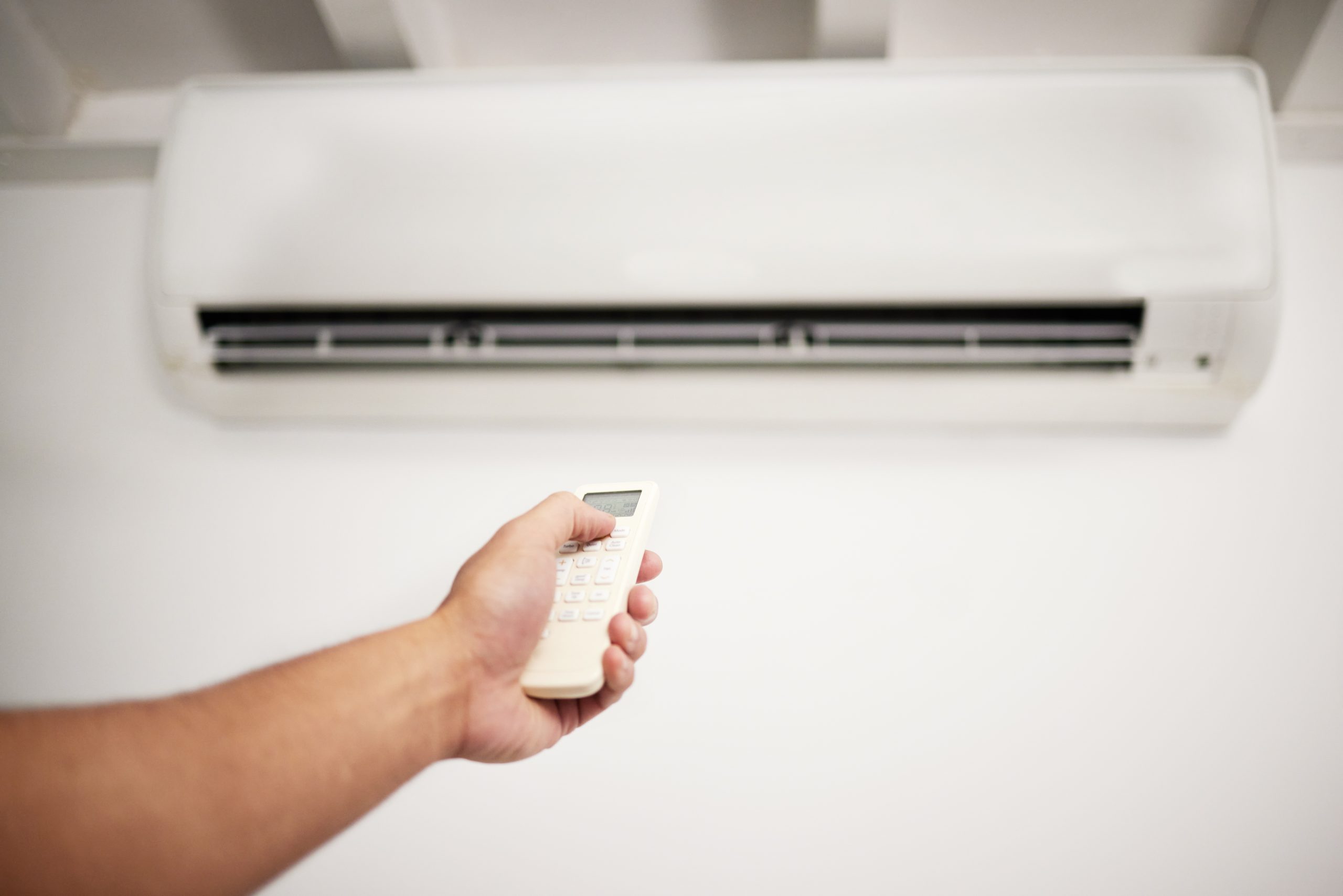Why Is My Air Conditioner Leaking Water?
When your air conditioner begins to leak water, it’s more than just a minor inconvenience—it can quickly lead to property damage, mould growth, and system inefficiency. If you’re in Australia, particularly in humid cities like Brisbane or coastal suburbs around Sydney, this issue can be even more common due to moisture-laden air.
Whether you’re using a split system, ducted air conditioning, or portable AC, it’s essential to understand the reasons behind water leakage. This comprehensive guide explores the most common causes, practical fixes, and preventative steps, helping you protect your investment and ensure year-round comfort.
Top Reasons Your Air Conditioner Is Leaking Water
A leaking air conditioner isn’t something to ignore. Depending on the severity and underlying cause, the issue could lead to higher energy bills, water damage, or even complete unit failure. Let’s dive into the most common reasons why your aircon is dripping water.
1. Clogged or Blocked Condensate Drain Line
Condensation is a normal part of air conditioning. However, the moisture collected by your AC needs a clear path to drain away. Over time, dirt, dust, mould, and algae can clog the drain pipe, forcing the water to overflow and leak from the unit.
How to Fix It:
- Inspect the drain line for visible blockage.
- Use a wet/dry vacuum to suction out debris.
- Flush the line with a 1:1 mix of vinegar and warm water.
- If the problem persists, contact a licensed HVAC technician.
2. Dirty or Clogged Air Filters
Air filters are your first line of defence against airborne particles. But when they’re clogged, they obstruct airflow, causing the evaporator coil to freeze. Once the ice melts, you might notice water dripping from the indoor unit of your split system air conditioner.
How to Fix It:
- Replace filters every 1–3 months depending on use and environmental conditions.
- Always use manufacturer-recommended filters.
- Schedule regular maintenance to avoid blockages.
3. Low Refrigerant Levels
Low refrigerant is a common cause of a leaking AC unit, especially in older systems or those that haven’t been serviced in a while. A drop in refrigerant pressure can cause the evaporator coil to freeze, eventually leading to water leakage as the ice melts.
How to Fix It:
- Watch for other signs like poor cooling, bubbling or hissing noises.
- Contact a certified technician to locate and repair the leak and recharge the refrigerant.
4. Rusted or Cracked Drain Pan
Over time, the drain pan that collects condensation may become rusted, cracked, or dislodged. If this happens, water can escape and drip inside your home.
How to Fix It:
- Inspect the drain pan under the indoor unit.
- Patch small cracks with water-resistant epoxy.
- Replace the pan entirely if it’s too damaged or corroded.
5. Improper AC Installation
Improperly installed air conditioners—particularly wall-mounted split systems—can tilt the wrong way, causing water to pool in places it shouldn’t. Instead of flowing into the drain line, it may end up leaking from the indoor unit.
How to Fix It:
- Ensure your AC unit is slightly tilted backward to help water flow to the drain.
- Call a professional to reinstall or level the unit properly if necessary.
6. Malfunctioning Condensate Pump
If your AC system is installed in a space where gravity drainage isn’t an option (like basements or apartments), it will rely on a condensate pump. When this pump fails, water builds up and overflows.
How to Fix It:
- Test the pump by pouring water into the pan.
- If the pump doesn’t activate, it may need cleaning or replacement.
7. Excessive Humidity and Poor Ventilation
High humidity levels in regions like Queensland can overwhelm even well-maintained air conditioners. This leads to more condensation than the system can manage, resulting in overflow.
How to Fix It:
- Use a dehumidifier in high-moisture zones.
- Ensure your AC is properly sized for your space.
- Upgrade insulation and seal drafts to reduce indoor humidity.
How to Prevent Water Leaks From Your Air Conditioner
Prevention is better (and cheaper) than cure. A few proactive steps can go a long way in ensuring your air conditioner stays leak-free:
- Replace air filters regularly – Dirty filters can freeze your coils and cause overflow.
- Inspect your condensate drain line – Keep it clear of clogs and biological growth.
- Schedule bi-annual maintenance – Have a licensed technician inspect refrigerant levels, drainage, and coils.
- Monitor humidity levels – Use a hygrometer to maintain indoor humidity around 40-60%.
- Check the installation angle – The unit must be properly levelled for optimal drainage.
When to Call a Professional HVAC Technician
Some issues can be resolved with basic DIY maintenance. However, more serious problems like refrigerant leaks or pump failure require professional expertise.
Call a technician if:
- Your air conditioning unit is leaking heavily inside.
- You detect a musty smell or visible mould around the unit.
- The drain line keeps clogging despite cleaning.
- Your AC is blowing warm air or making unusual noises.
- You suspect a refrigerant or electrical issue.
High-Volume Search FAQs About Air Conditioner Leaks
These frequently asked questions cover a wide range of concerns that everyday homeowners have regarding aircon water leaks, helping you gain quick insights:
1. Is water leaking from an air conditioner dangerous?
While water itself isn’t dangerous, it can lead to electrical issues, short circuits, or mould—all of which pose health and safety risks if left unattended.
2. Why is my split system air conditioner leaking water inside the house?
The most common reasons are a clogged drain line, dirty filter, or improper tilt. These prevent moisture from draining properly, leading to indoor leaks.
3. Can a leaking aircon damage my property?
Yes. Water leakage can warp timber floors, stain ceilings, and damage insulation. Over time, it may also promote mould growth.
4. How do I fix a dripping air conditioner from the indoor unit?
Start by:
- Turning off the unit
- Inspecting and cleaning the filter
- Clearing the condensate drain line If the problem persists, call a professional.
5. How much does it cost to repair an air conditioner leaking water?
Costs vary by issue:
- Drain line cleaning: $100–$200
- Refrigerant leak repair: $300–$600+
- Drain pan replacement: $150–$400
- Always request an inspection before approving repairs.
6. Is it normal for an AC to drip water outside?
Yes, some dripping is normal outdoors due to condensation. However, heavy or constant water flow could signal an issue like a frozen coil or blocked pipe.
7. What does it mean if my aircon leaks only when it’s off?
This could indicate a backflow of water, clogged drain, or a faulty condensate pump. When the system shuts down, residual water may not drain properly.
8. How do I know if it’s the refrigerant causing the leak?
Signs include:
- Loss of cooling power
- Hissing sounds near the unit
- Ice formation on coils Only certified HVAC professionals should handle refrigerant issues due to environmental and legal regulations.
Conclusion: Don’t Ignore a Leaking Air Conditioner
A leaking air conditioner isn’t just a minor maintenance issue—it can be a warning sign that something in your system isn’t working as it should. Left unresolved, it can lead to water damage, higher energy bills, and complete system breakdown.
Whether it’s a clogged drain, frozen coil, or faulty installation, understanding the root cause of the leak is the key to an effective fix. If you’re unsure or the problem persists, reach out to professionals like Eleco Electrical & Data. We service homes and businesses across Melbourne, offering expert diagnostics and prompt repairs.
🔧 Need Help Now? Contact Eleco Electrical & Data Today!
✅ Fast & professional AC repairs
✅ Licensed & insured technicians
✅ Experts in split systems, ducted AC & portable units
✅ Servicing across all major Australian cities
Don’t let a simple leak turn into a costly repair. Book your air conditioner service today and keep your space dry, cool, and comfortable.


